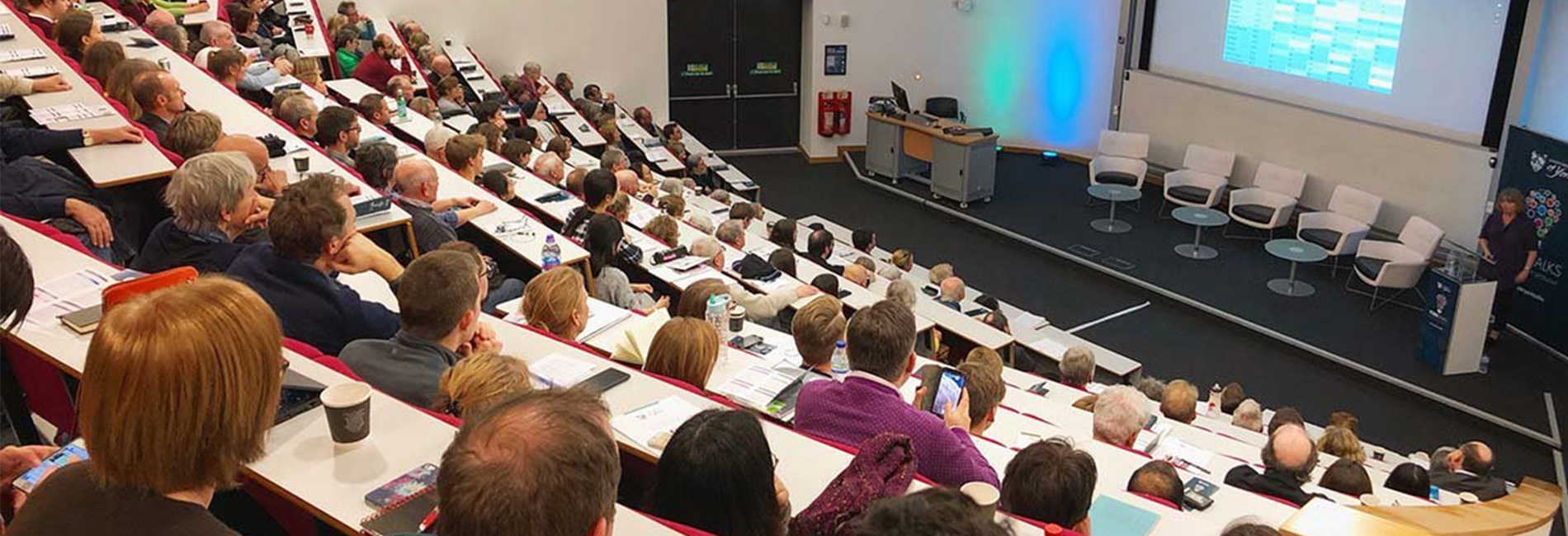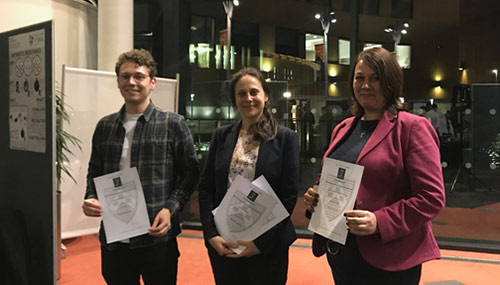How do you decide what information to trust when you have questions about health, mental health and well-being? Who are the ‘experts’ and is the information they provide reliable? Rachel Churchill, Professor of Evidence Synthesis, argued that an explosion in health information from multiple sources, frequently via social and mainstream media, is making it all the more difficult for practitioners, policy makers, patients and the public to distinguish between facts, opinions and myths.
Against this swirling backdrop of competing and opposing views, the need for accurate, evidence-based information has never been greater. But how do academic researchers ensure their evidence gets heard above the growing cacophony of often conflicting voices? A major challenge in our ‘post-truth’ era.


